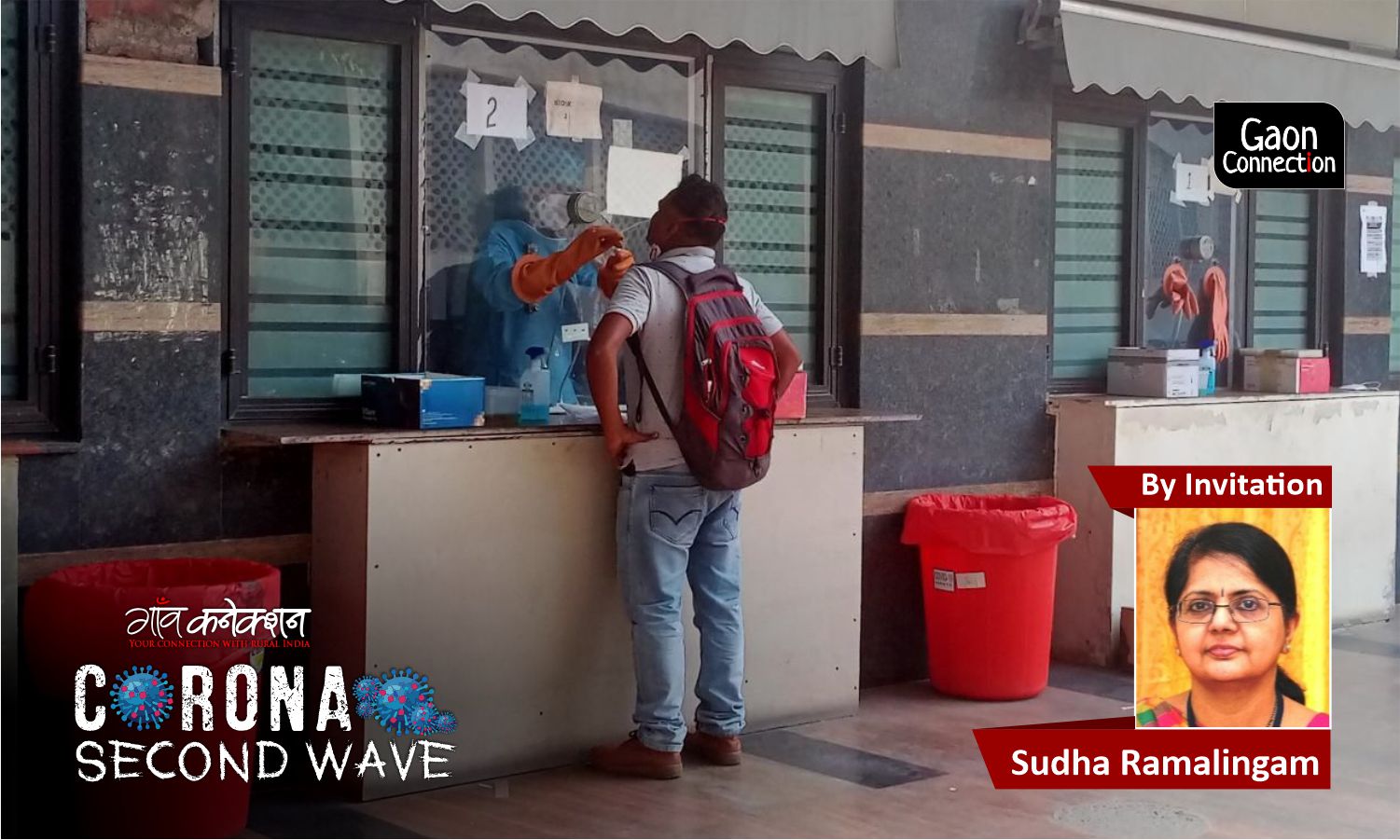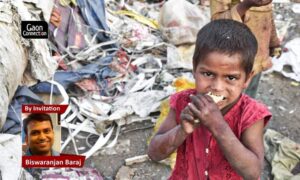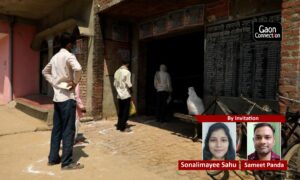“Focusing on clinical services while neglecting services that reduce exposure to disease is like mopping up the floor continuously while leaving the tap running – Laurie Garrett”
The tsunami of COVID19 is engulfing the country, and there is a heavy burden on the health system, especially in states such as Uttar Pradesh and Maharashtra and in the national capital of Delhi. There is a struggle to procure oxygen, hospital beds, and medicines. Meanwhile, other states are preparing themselves for the onslaught.
Tamil Nadu is also witnessing a surge in the number of cases in the last few days. As of May 10, 2021 there were 144,547 active cases across the state and about 28,897 positive cases reported in one day. While the caseload has been predominantly higher in the urban areas and metros, recent data shows an inexorable rise in the cases in rural areas which is worrisome.
Tamil Nadu has been in the forefront of providing quality health care and preventive services including epidemic preparedness for several decades. The state witnessed a huge tsunami in 2004, and several epidemics such as dengue and chikungunya which was efficiently handled by its health care system.
Public health system in Tamil Nadu
The basic functions of a health system involve preventive, promotive and curative services to the community. Tamil Nadu was the first and only state to implement the Public Health Act in 1939. There was a significant development of infrastructure and human power in the 1980s and 90s and a separate directorate of public health was established.
Tamil Nadu is the only state which has exclusive directorates for public health, medical education and health services, each with specific portfolios, manpower and budgetary allocations.
The doctors are segregated into two tracks namely the public health and medical services. The public health cadres undergo special training in public health and function as public health managers contributing to policy making and implementation of health programs.
In 1995, the Tamil Nadu medical services corporation was set up to regulate the procurement of essential drugs. This autonomous system ensures constant supply of the drugs and also monitors the quality of the drugs. The regular interactions between the health secretary of the state with the district collectors also provides ample opportunities to facilitate good communication and decision making.
COVID management
The state government began its planning during the early stages of the pandemic. COVID was declared as a notifiable disease. Community awareness was created through media and the grassroot level health workers were roped in for screening and contact tracing. Travel restrictions and lockdown were implemented efficiently during the first wave in 2020.
A dedicated website with all information on COVID and availability of beds was launched and was constantly updated (stopcorona.tn.gov.in). Innovative methods were used to ease the burden on the health system so that routine services like delivery were not compromised. For example the mentoring of village health nurses in antenatal care by private obstetricians during the pandemic was selected as one of the best practices by the National Health Mission.
Testing strategies were strengthened across government and private labs, home isolation was recommended for asymptomatic cases and was monitored by volunteers. Those with less than 20 per cent of lung involvement were sent to COVID care centres set up by the government and those with moderate to severe disease were sent to government or private hospitals for admission.
This triaging was a crucial step to ensure that the hospitals were not burdened with asymptomatic and mild cases, and were instead occupied by those who are sick.
In addition, stringent stay-at-home orders for older adults, regular interactions with the health care workers and delivery of essentials through social service schemes may have contributed to lesser infection and mortality in Tamil Nadu during the first wave.
Community awareness and participation
The role of community participation, awareness and cooperation is essential in controlling any disease. In a recent study conducted in a rural area of Tamil Nadu regarding the knowledge, attitude and practice of COVID and related behaviours, it was found that more than 70 per cent were aware of COVID and the related protective measures signifying the role of community awareness in the control of the pandemic especially in the rural areas.
The state witnessed recent polls and the associated rallies and ease of restrictions enabling interstate travel may have contributed to the surge in cases. The government, taking cognizance of the gravity of the situation began its planning for minimizing the second wave.
All private hospitals are geared up with 50 per cent of their beds reserved for COVID patients. The cost of admissions in the private hospitals for those who are economically deprived is also being borne by the government from the chief minister insurance scheme. The government has launched a live website to keep track of bed availability (https://tncovidbeds.tnega.org/). The intersectoral coordination was strengthened by roping in NGOs and other self help groups for screening and contact tracing.
Oxygen storage capacity has been ramped up and new oxygen plants have been installed. Industries have come forward to contribute to oxygen production. Restrictions have been imposed on gatherings and night curfew has been implemented as soon as the cases began to surge by the third week of April.
While Tamil Nadu seems to be well prepared with a robust health system with experience in controlling epidemics and natural disasters, adherence to COVID protocols by the people, further restrictions or a lockdown may be some of the crucial determinants which could decide the trajectory of the second wave.
As the state wakes up to a new government all that one can do is to wait and watch if the same systems and protocols which were successful last year will be followed or new ones will be implemented to minimise the consequences of the second wave. However, a strong health system where public health is given its due credit is in place offering abundant hope and confidence that this pandemic will be well managed.
The Tamil Nadu government has announced a two-week lockdown from May 10 till May 24.
Sudha Ramalingam is professor and head of Community Medicine and Director Research and Innovation at PSGIMSR, Coimbatore. She is also a Fulbright Scholar and Lowns Visiting Scientist, Global health at Harvard T H Chan School of Public Health, USA.


















